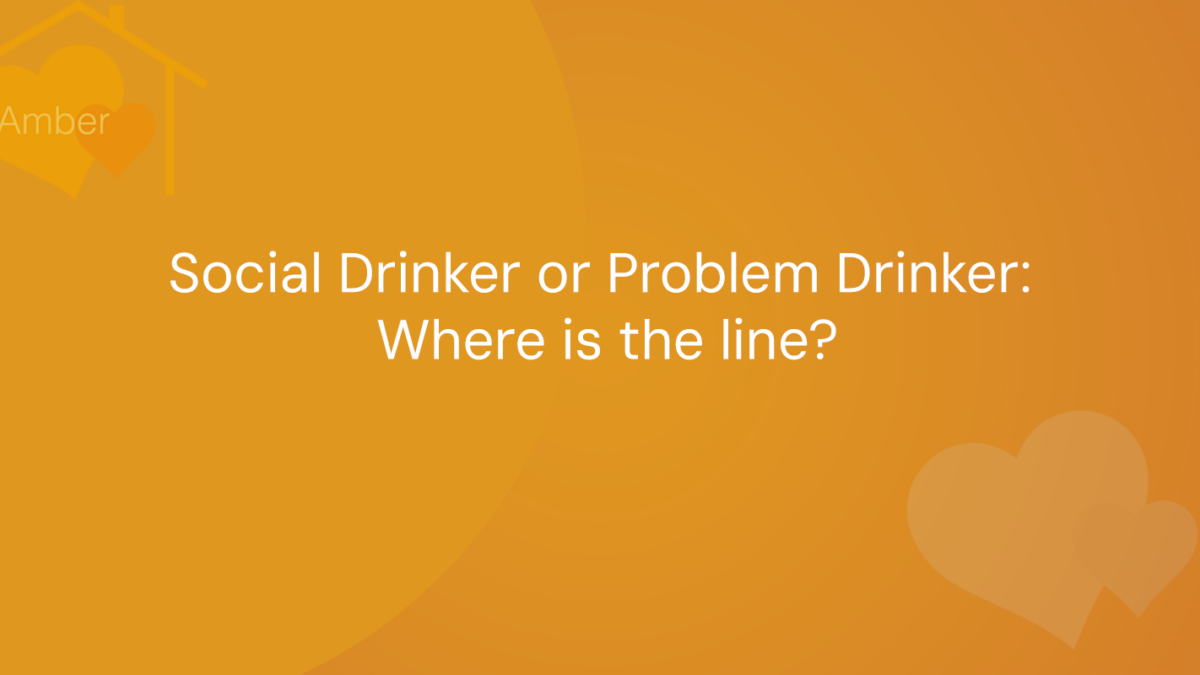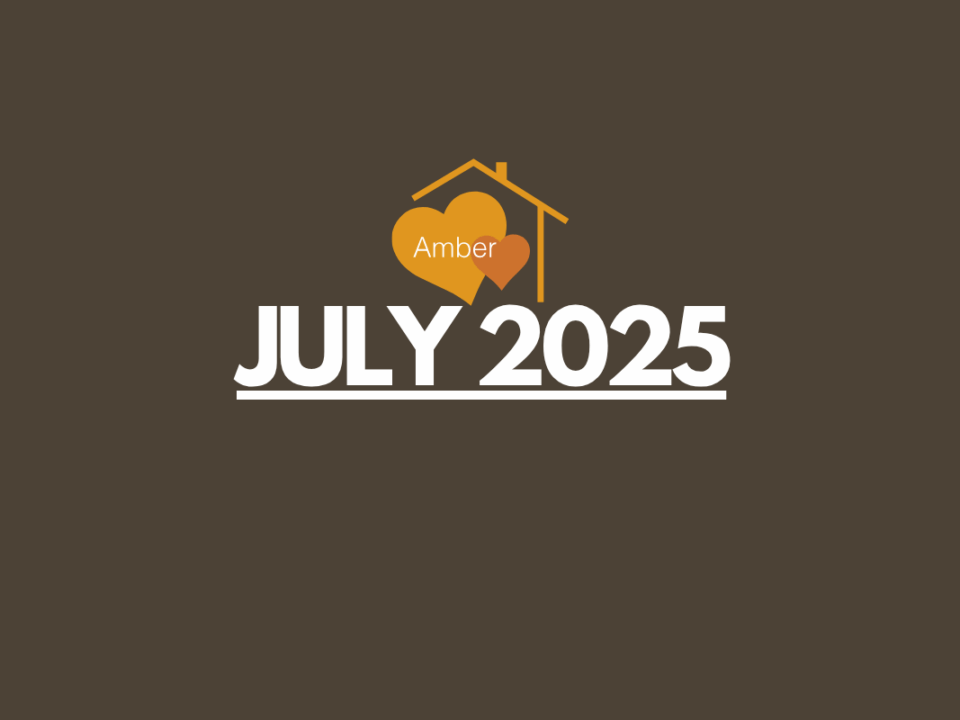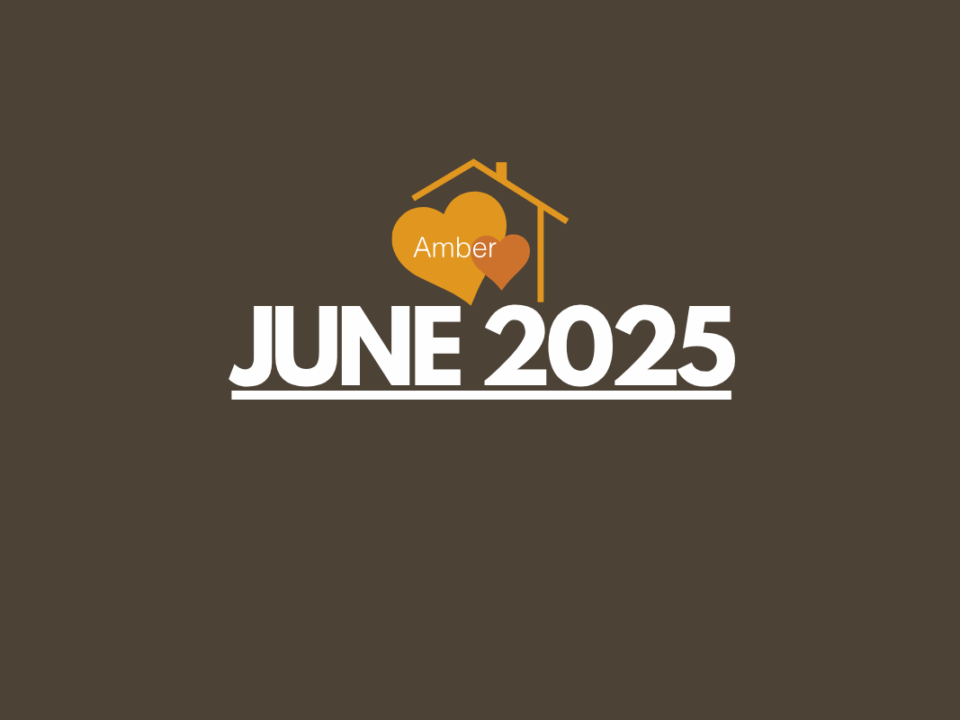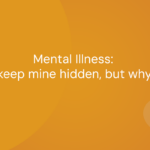
Mental Illness: I keep mine hidden, but why?
02/06/2021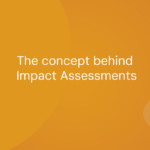
The concept behind Impact Assessments
01/09/2021Coral McCormick. August 2021.
Many of us would class ourselves as ‘social drinkers’, we don’t tend to drink alone or to excess but what’s the harm in a cheeky one with friends, family, or colleagues? The issue with this classification is that ‘social drinking’ does not have set a numerical value, what we class as social can vary a lot from person to person.
One person may class social drinking as a glass of prosecco on a Friday night with the girls from the office, whilst to someone else it might be 4 or 5 pints at the football with their mates. Another might class it as a few drinks after work on a Tuesday, student night at the union on a Thursday and a binge at the weekend; if they make it to work on time in the week and it’s not affecting their job performance then what’s the issue?
So, what’s the truth? Well, this really depends on who you ask, some experts say that the term “social drinking” is purposely vague and is based largely on what is acceptable within a certain culture or group of individuals. This ‘norm’ is also up for debate depending on the specific situation and social connotations associated with that situation, for example, what’s appropriate on a night out for St. Patrick’s Day, would not be normal for a family meal. What’s normal for a student during freshers’ week is not during a family holiday to Disneyland.
This is a very relevant area of discussion at the minute, with lockdown easing and life returning to the new ‘norm’, people are starting to venture back out into situations that go hand in hand with ‘social drinking’. Lads’ nights out, hen dos, weddings and long overdue birthday celebrations are being held in gardens, pubs, and restaurants again, all of which are great fun anyway but are likely to be enhanced by the free-flowing alcohol for a lot of us. Though admittedly most of us will have to admit to ourselves that the standard doubles in the pubs will not compare to our homemade garden bar doubles that have been the norm for the last year and a half!
At what point do we pass that invisible line between social and problem drinking then, when it differs from person to person and place to place? Ultimately, the key component of ‘social drinking’ is knowing your own boundaries and staying within them. Social drinking is not something that would impact your life, it wouldn’t cause problems with home or work responsibilities, family, health, relationships (friends or family) or leave you with any financial issues. It comes down to moderation; drinking when done in moderation should enhance other activities rather than disrupt them.
However, even social drinking when done often enough can start to become problematic, with the weekly recommended limit being 14 units, regularly drinking more than this, risks damaging your health in numerous ways. For example, you are at a much higher risk of developing certain cancers, liver disease, damage to the nervous system, or it could even damage your mental health.
Before you get to this point, it is possible to notice the signs and get yourself some help.
Signs to look out for include;
- Drinking when you have reasons not to, e.g. when driving, taking medication, etc.
- Feeling guilty about how much you drink
- Lying about how much you drink
- Failing to stick to goals of reducing your drinking
- Making excuses to drink
- You get in trouble because of your drinking
- Feeling anxious when you can’t drink
- Becoming shaky when you don’t drink
If you feel like any of the above explains your relationship with alcohol, you may be dealing with problematic drinking habits. If none of this seems relevant to you then ask yourself, “Has anyone expressed concern to you about your drinking?”. If your alcohol consumption has caused issues for someone else, you may need to take a closer look at your behaviour.
If you have identified that you may need to address a problem, what should you do? Try to cut down, there are so many benefits to moderating your drinking such as; improved mood, sleep, behaviour and even your immune system.
Here are some simple tips to help you cut down:
- Set yourself a limit before you start drinking and stop when you get to it
- Set yourself a budget for how much you will spend on alcohol her month
- Let your friends and family know you’re cutting down; they should be able to offer you extra support
- Take it day by day, cut down a bit at a time so you can see your progress
- If you still want a drink, do it; cutting down drink sizes from a double to a single or a pint to a half may be easier for you than stopping altogether and that’s okay
- Swap out your high-percentage drinks for lower ones
- Eat before you drink and stay hydrated
- Take a break, pace yourself and remember moderation!
If you don’t feel like the above would work for you, then you could always try considering professional help. The first step would be your GP, if you don’t feel comfortable speaking to your GP you could speak to community groups such as;
Drinkline– the national alcohol helpline. If you’re worried about your own or someone else’s drinking, you can call this free helpline in complete confidence. Call 0300 123 1110 (weekdays 9 am to 8 pm, weekends 11 am to 4 pm).
Alcoholics Anonymous (AA) is a free self-help group. Its “12-step” programme involves getting sober with the help of regular support groups.
We Are With You is a UK-wide treatment agency that helps individuals, families and communities manage the effects of drug and alcohol misuse. If you are worried about your drinking, call 0808 8010 750
